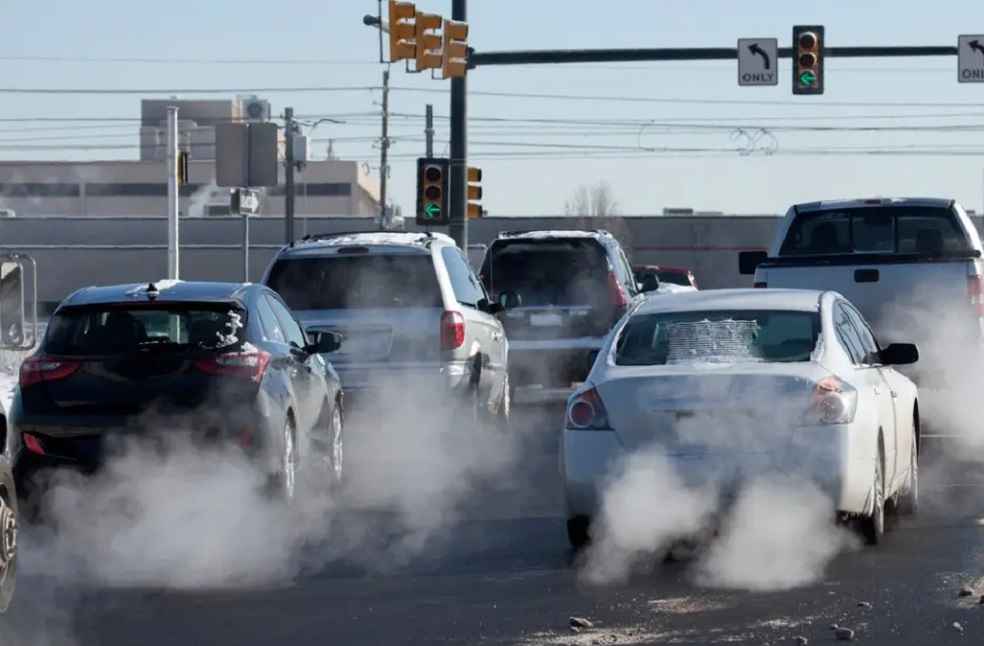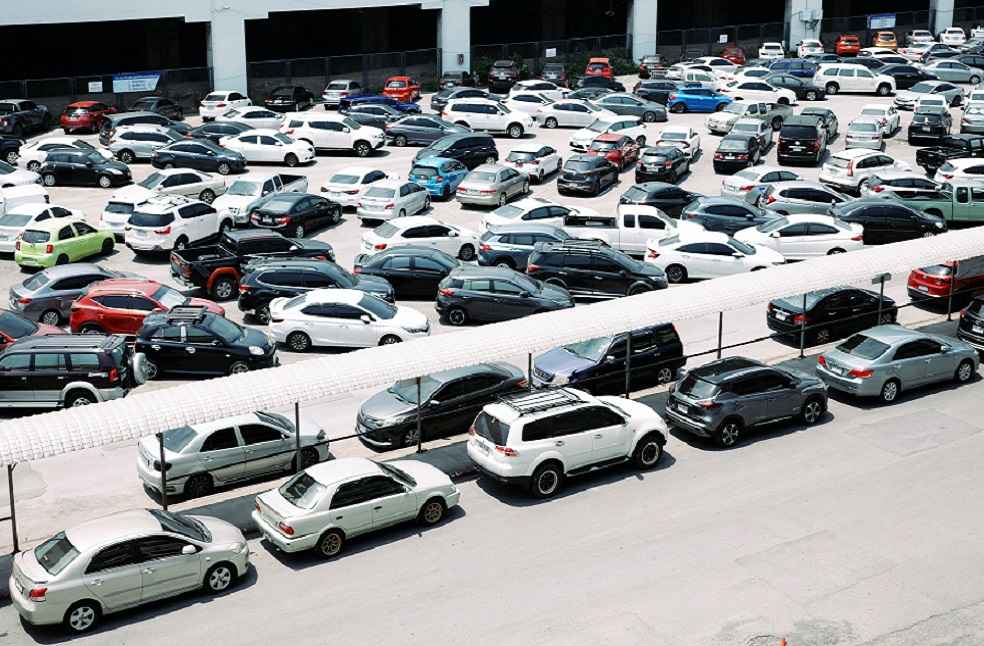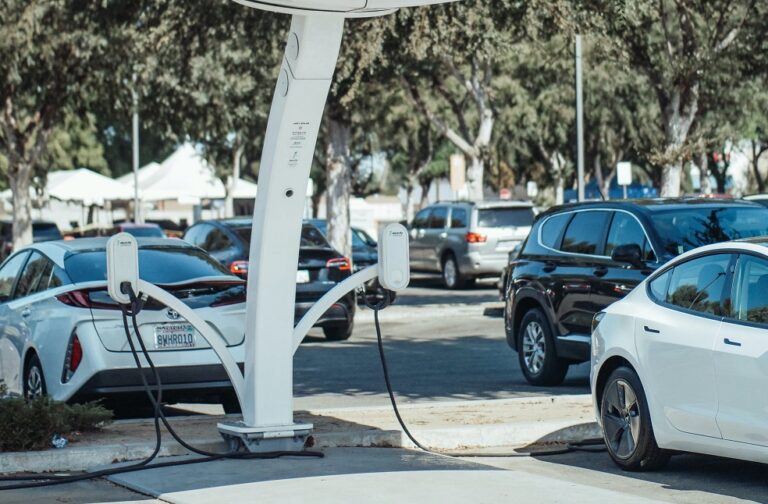The U.S. Senate has moved to overturn California’s planned ban on new gasoline-powered vehicles by 2035, posing a challenge to the state’s efforts to accelerate the transition to electric cars.
On Thursday, the Republican-controlled U.S. Senate took a rare step to strike down California’s ambitious vehicle emissions standards. The decision will nullify the state’s regulation to prohibit the sale of new gasoline-only cars by 2035, marking a setback for California’s environmental policies.
The Advanced Clean Cars II rule, introduced by the California Air Resources Board in 2022 and approved by the Biden administration’s Environmental Protection Agency in December 2024, set ambitious targets for transitioning to cleaner vehicles. Under the regulation, automakers would have been required to steadily increase the share of zero-emission and plug-in hybrid vehicles supplied to California dealerships over the next decade.
By 2035, the rule is intended to completely phase out the sale of new gasoline-only vehicles across the state.

California’s vehicle regulations are essential for meeting the state’s climate and pollution targets. However, after years of steady growth, zero-emission vehicle sales have stalled in the state over the past two years.
The rule reversal is now headed to the White House, where President Trump is expected to sign it. Alongside the decision, two additional resolutions seeking to block California’s restrictions on tailpipe emissions in certain vehicles and smog-forming nitrogen oxide pollution from trucks are also awaiting approval. The Senate passed all three on Thursday, following the House’s approval earlier this month.

California Attorney General Rob Bonta stated that the state intends to file a lawsuit over the Republican-led process used to pass measures that blocked emissions regulations. Meanwhile, Republicans contended that California’s zero-emission mandates could severely harm the U.S. auto industry and drastically reduce vehicle choices for consumers.
California accounts for approximately 11% of the U.S. automotive market, shaping consumer trends in significant ways.
DON’T MISS | Canadian Auto Leaders Push for National Carmaker Initiative





